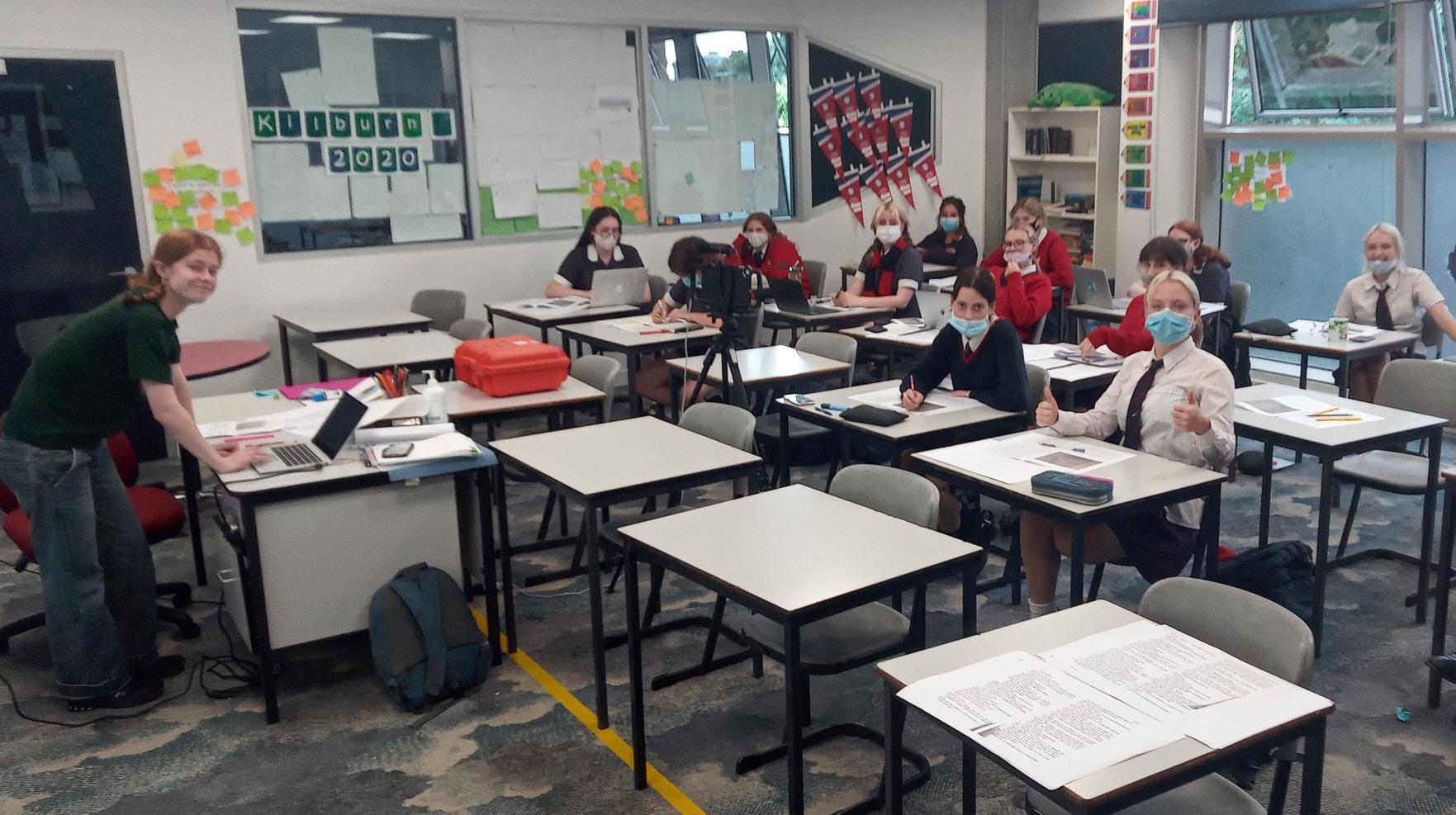1
Numeracy in the Junior School – why maths skills really ‘count’ Our teachers start developing students’ Numeracy skills from the very beginning of their learning journey. Even our youngest learners in Margaret Thomas House are engaged in experiences that develop their mathematical thinking skills such as building, counting, puzzles, songs and games. Developing early Numeracy skills gives children an important foundation for their learning and growth. It helps prepare our students for daily life, including general problem solving, financial literacy, career readiness, and everything from driving, to travelling, understanding sports and games, and even cooking. “Maths is important because I use it in my home. If I didn’t know numbers, I wouldn’t know what time it is on the clock, then we might do everything at the wrong time.” – Henry (Prep) “I think it’s important because you need to learn to count. If you’re baking a cake you need to know how many eggs you will need. You couldn’t go to the shops because you wouldn’t know how to buy things or how much you needed.” – Lulu (Prep) Students learn the concepts and skills identified for each year level in the Victorian curriculum across three major 14
|
The Crest Issue 5 2021
areas: Number and Algebra, Measurement and Geometry, and Statistics and Probability. However, we understand that it is not enough to simply learn the content of these areas in isolation. Students must also develop the skills to apply that knowledge in different circumstances to solve unknown problems, and to make connections across each area. Our teachers also discuss with the children that mathematical understanding is developed through a mindset of believing that there is no such thing as a ‘maths person’, and that mistakes, struggle and challenge are critical for brain growth. It is important that children realise they can all achieve success, with the right support and strategies. “I like maths because I like counting and putting numbers in order.” – Lulu (Prep) Within our Inquiry Learning approach, the four major proficiencies that teachers develop within our students are Understanding, Fluency, Problem Solving and Reasoning. "As teachers, we want our students not only to know and understand the skill, but have the ability to flexibly apply it, both inside and outside of the classroom.” – Ms Renee Timion, Prep Teacher and Mathematics Learning Leader (K-6)
























